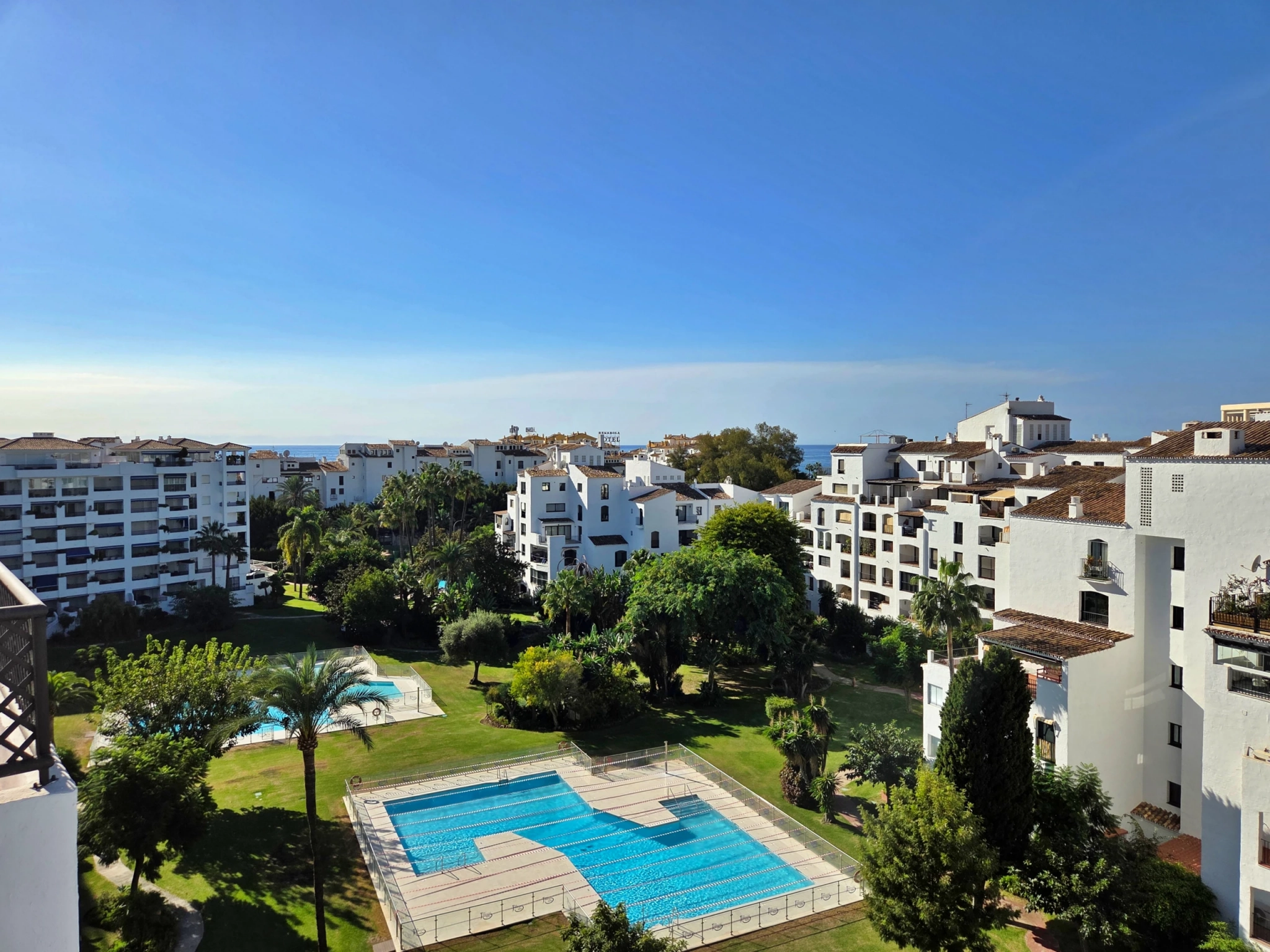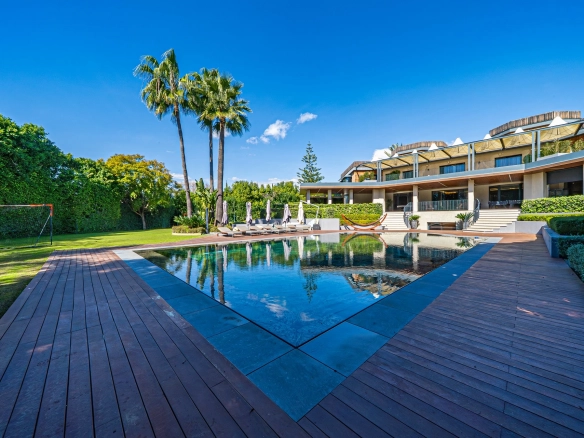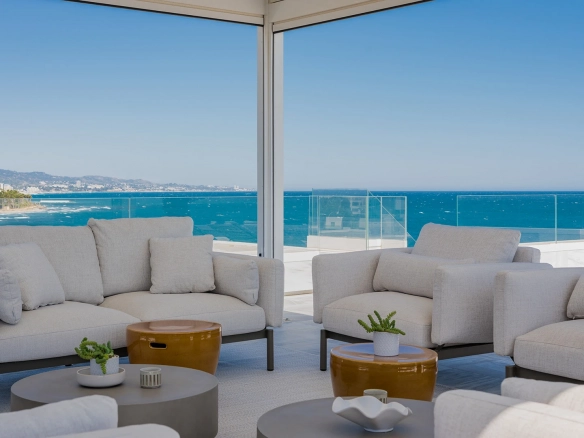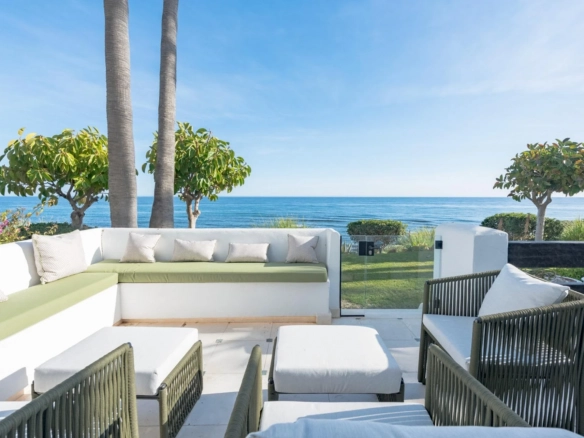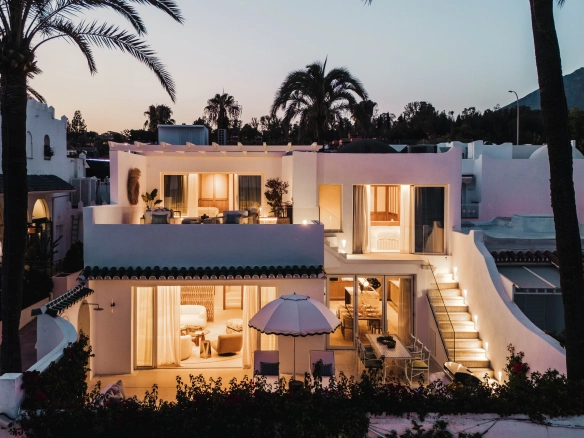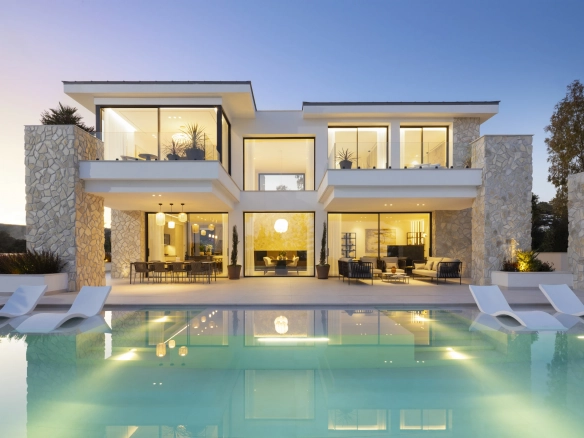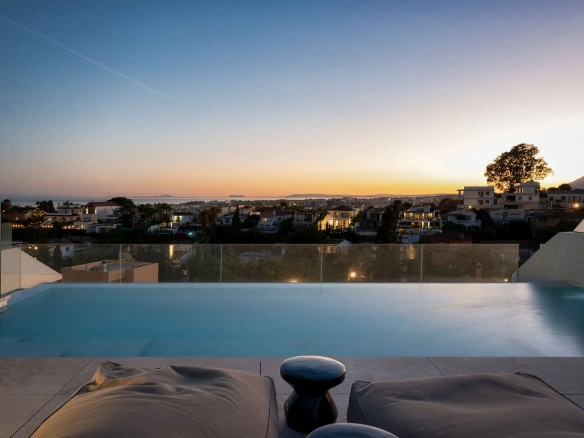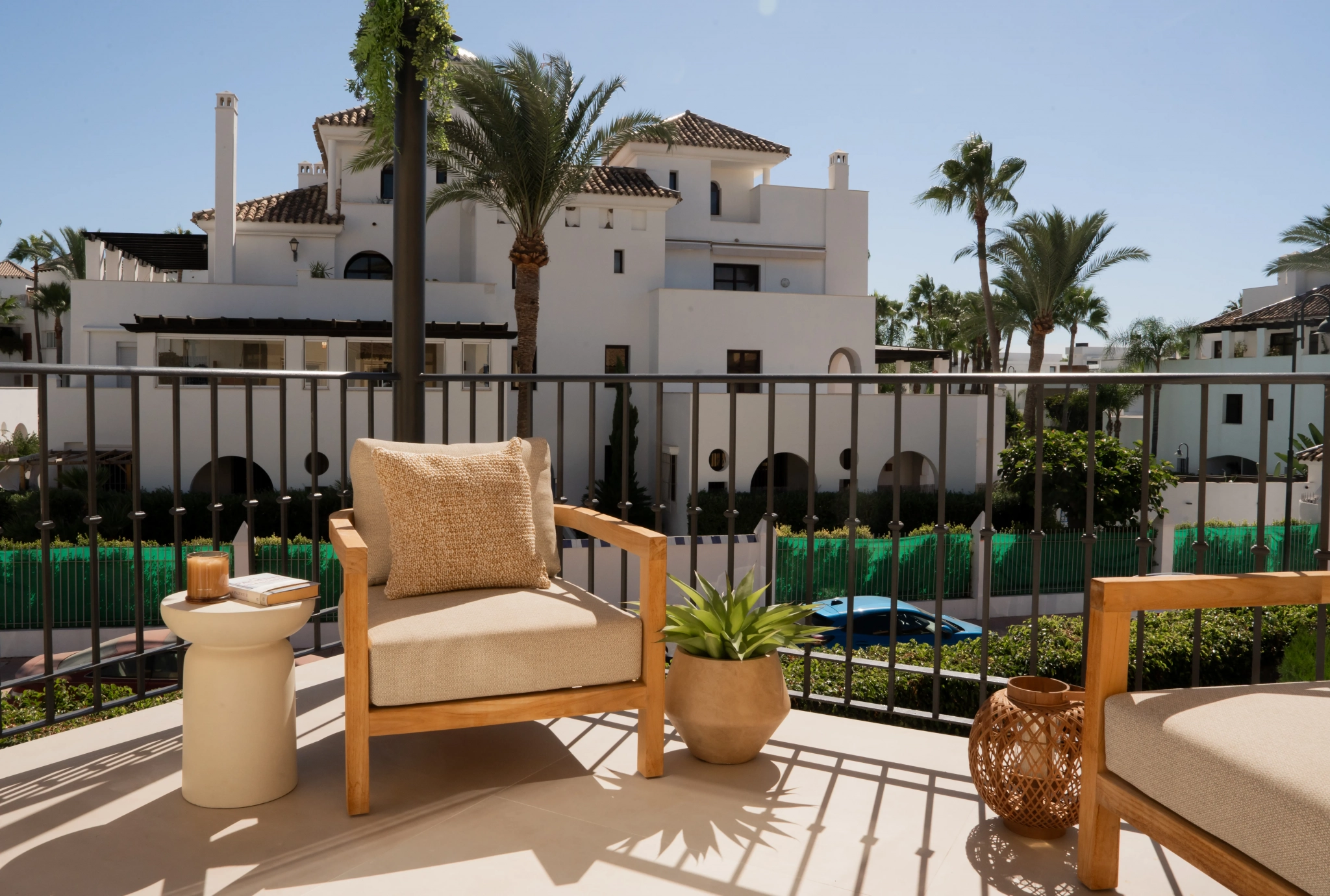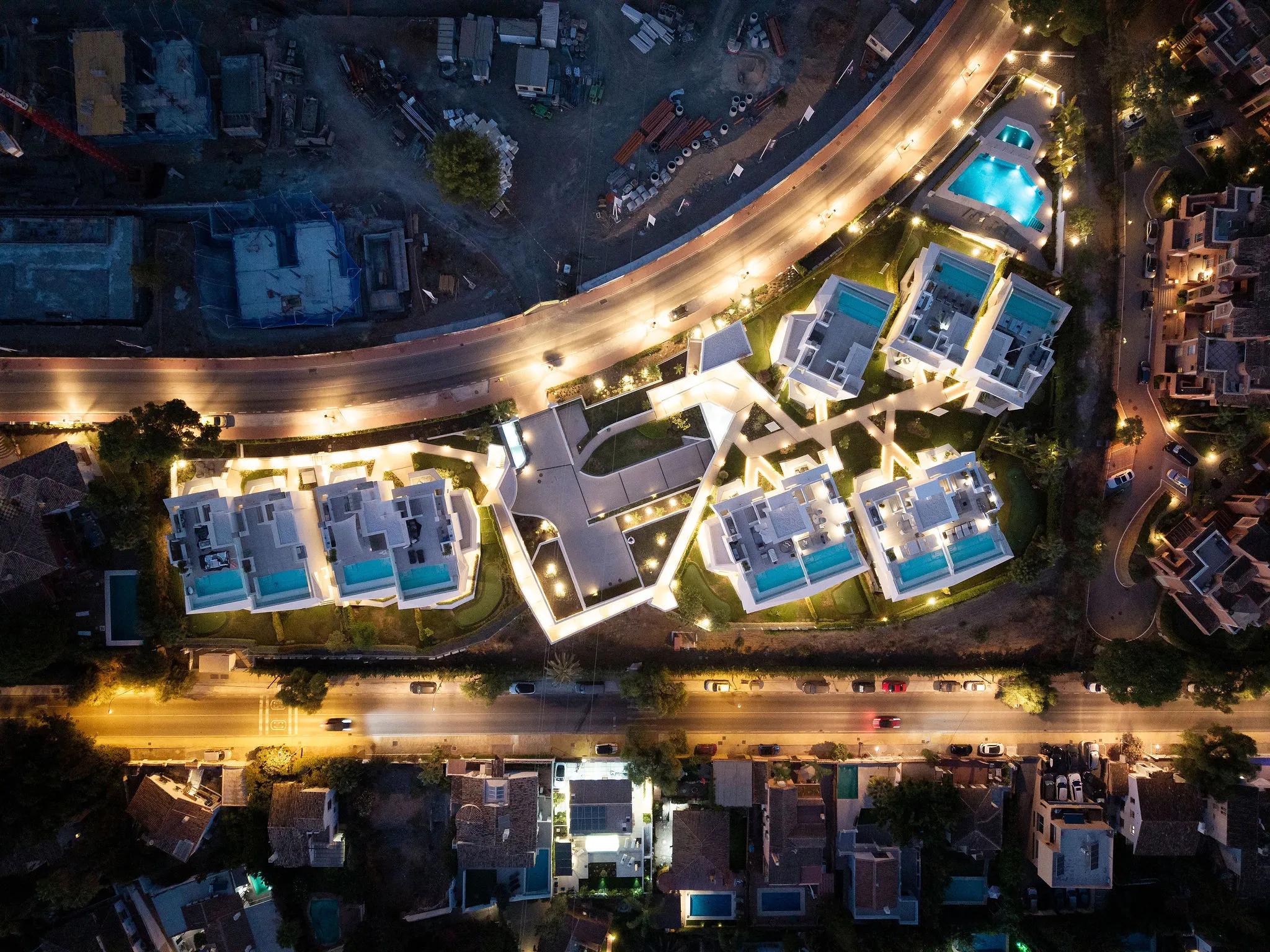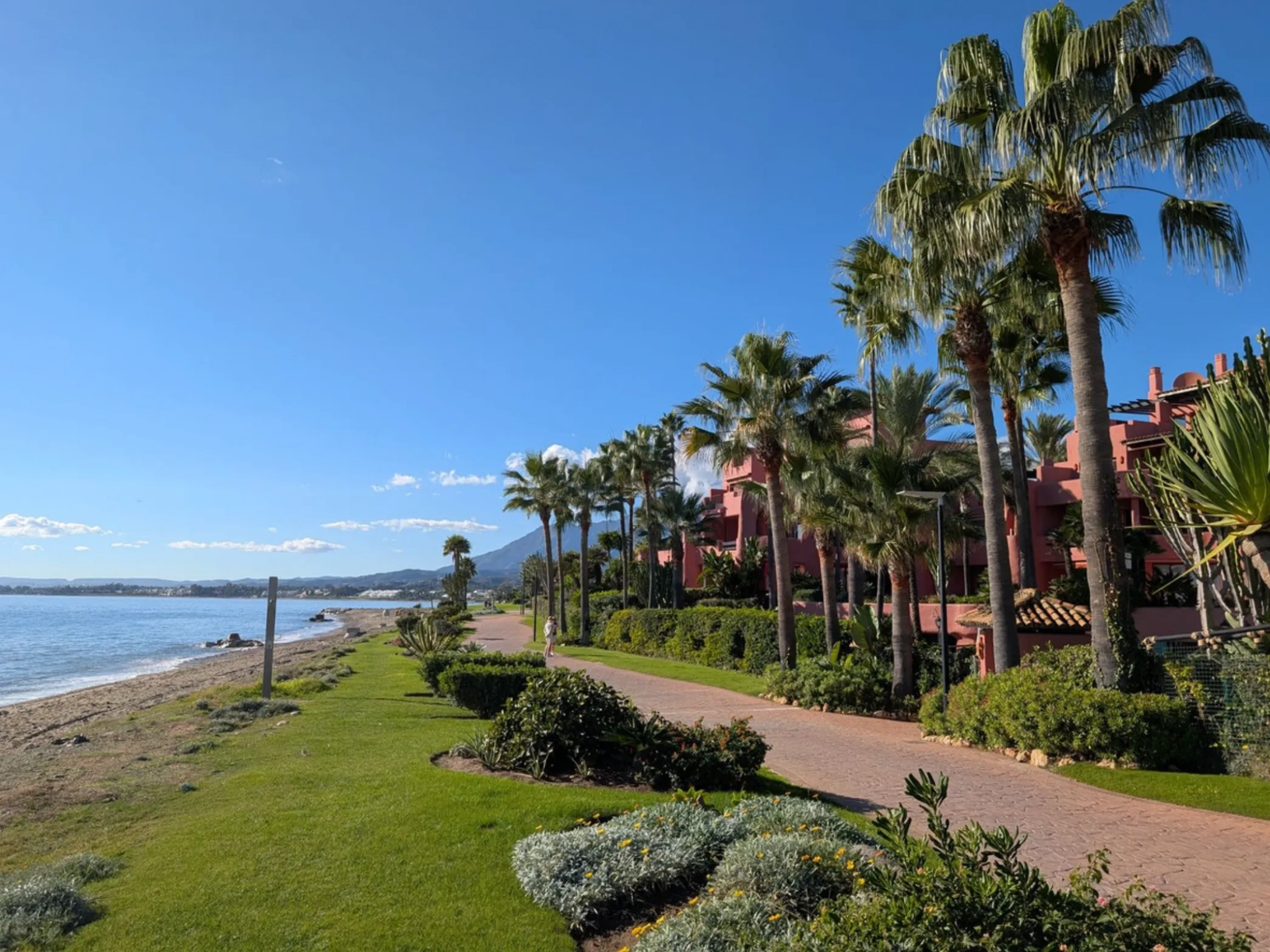
What Additional Costs Should I Budget When Buying a Property in Marbella, Spain?
Buying a property in Marbella — whether a seaside villa, a contemporary apartment in Puerto Banús, or a tranquil estate in Sierra Blanca, is always an exciting investment.
However, beyond the property’s listed price, there are several additional costs that every buyer should anticipate. Understanding them will help you make a realistic budget and avoid surprises during your purchase process.
In this guide, we’ll break down all the costs involved in buying a home in Marbella, including taxes, legal fees, and optional expenses that can make your buying journey smoother and smarter.
Property Transfer Tax (ITP) or VAT (IVA)
The first major cost depends on whether you’re buying a resale property or a newly built home.
For resale properties: You’ll pay the Property Transfer Tax (ITP). In Andalucía, this is currently 7% of the purchase price, regardless of value (since the 2021 tax reform).
For new properties (from a developer): Instead of ITP, you’ll pay 10% VAT (IVA) on the purchase price, plus an additional 1.2% Stamp Duty (AJD).
> Example: If you buy a €1,000,000 new villa, total taxes would be around €112,000 (€100,000 VAT + €12,000 Stamp Duty).
> Note: Tax laws can change, so always confirm the latest rates with your lawyer before signing.
Notary and Land Registry Fees
Once the property purchase is formalized, it must be legally registered.
Notary fees: usually range from €600 to €1,200, depending on the property’s value and number of pages in the deed.
Land Registry fees: typically €400 to €800.
These are mandatory costs for all property transactions in Spain that ensure your ownership is legally recognised.
Legal and Administrative Fees
Having a local, bilingual lawyer is essential when buying property in Marbella, particularly for international buyers. Your lawyer will perform due diligence, check that the property has no debts or urban infractions, and verify all paperwork.
Legal fees generally represent around 1% of the purchase price (plus VAT).
For high-value or complex properties, expect this percentage to rise slightly.
> Tip: Choose a lawyer familiar with Marbella’s urban planning regulations — as zoning and building rules can vary between municipalities in Málaga province.
Luxury Frontline Golf Villa
Guadalmina Baja, San Pedro Alcántara- Beds: 10
- Baths: 10
- 1303 m²
- Villa
Playa Esmeralda Duplex Penthouse
Playa Esmeralda, Marbella- Beds: 3
- Baths: 4
- Garages: 5
- 194 m²
- Penthouse
Beachfront Marina Puente Romano
Marina Puente Romano, Milla de Oro, 29602- Beds: 3
- Baths: 3
- Garage: 1
- 167 m²
- Apartment
Beachfront Home on the Golden Mile
Oasis Club, The Golden Mile, Marbella- Beds: 3
- Baths: 3
- 314 m²
- Semidetached Villa
Luxury Villas in La Quinta
Lomas de la Quinta, La Quinta, Benahavís, 29780- Beds: 5
- Baths: 5
- Garages: 2
- 869 m²
- Villa
Exclusive Luxury Villa in Las Brisas
Las Brisas, Nueva Andalucía, 29660- Beds: 5
- Baths: 6
- Garages: 4
- 476 m²
- Villa
Contemporary Villa with Panoramic Views
Marbella Club Golf Resort, Benahavís- Beds: 4
- Baths: 4
- Garages: 5
- 650 m²
- Villa
Mortgage and Financing Costs
If you require financing, Spanish banks typically offer loans to non-residents for 60–70% of the property’s value. Associated costs include:
Bank valuation (tasación): around €400–€800.
Mortgage arrangement fee: usually 0.5–1% of the loan amount.
Insurance: some banks require home or life insurance policies tied to the loan.
> Tip: Always compare offers between local and international banks, as interest rates and conditions can vary.
Ongoing Annual Costs After Purchase
Even after completion, property ownership in Marbella involves recurring expenses:
| Cost Type | Typical Amount / Range | Notes |
|---|---|---|
| IBI (Property Tax) | 0.4% – 1.1% of cadastral value | Annual municipal property tax |
| Basura (Rubbish Collection Fee) | €100 – €200 per year | Set by the local council |
| Community Fees | €100 – €1,000+ per month | For gated complexes, security, gardens, pools |
| Insurance | €250 – €600 per year | Highly recommended |
| Maintenance / Gardening / Pool | €1,000 – €5,000+ annually | Varies by property size and service level |
These recurring costs are often underestimated, especially by foreign investors used to different tax systems. Additionally, these ongoing costs can vary greatly between urban apartments and luxury villas in private communities like Sierra Blanca or La Zagaleta.
Optional but Smart Investments
While not mandatory, several optional services can enhance your purchase experience and long-term property value:
Property Survey / Technical Inspection: €400–€1,000
Ensures structural integrity and checks for hidden defects.Interior Design or Renovation Planning: variable
Especially relevant for resale properties that need modernization.
Buying as a Foreign Investor: Extra Considerations
Non-residents can freely purchase property in Spain, but must obtain an NIE (Número de Identificación de Extranjero) — a tax identification number. Also, funds used for the purchase should be transferred through official banking channels to comply with Spanish anti-money laundering laws.
Foreign buyers should also factor in currency exchange fees, which can add 0.5%–1% depending on the transfer method.
Summary: Typical Additional Costs Breakdown
| Cost Category | Approx. % of Purchase Price |
|---|---|
| Taxes (ITP or IVA + AJD) | 7–11.2% |
| Legal + Notary + Registry Fees | 1.5–2% |
| Mortgage & Financing | 1–2% |
| Other / Optional (survey, insurance, AI valuation tools) | 1–2% |
> Estimated Total: Expect to spend roughly 10–12% on top of the property price to cover all additional costs.
Final Thoughts
Buying a home in Marbella is more than just a real estate transaction — it’s an investment in one of Europe’s most desirable lifestyles.
By planning ahead for all costs and working with trusted professionals, you’ll enjoy a smooth, transparent buying process and long-term value for your investment.
If you’re considering purchasing a villa or luxury apartment in Marbella, our team at Best House Marbella can help you find the perfect property and guide you through every financial and legal step with clarity and expertise.
👉 Contact us today to discover the best luxury properties for sale in Marbella and start your buying journey with confidence.

